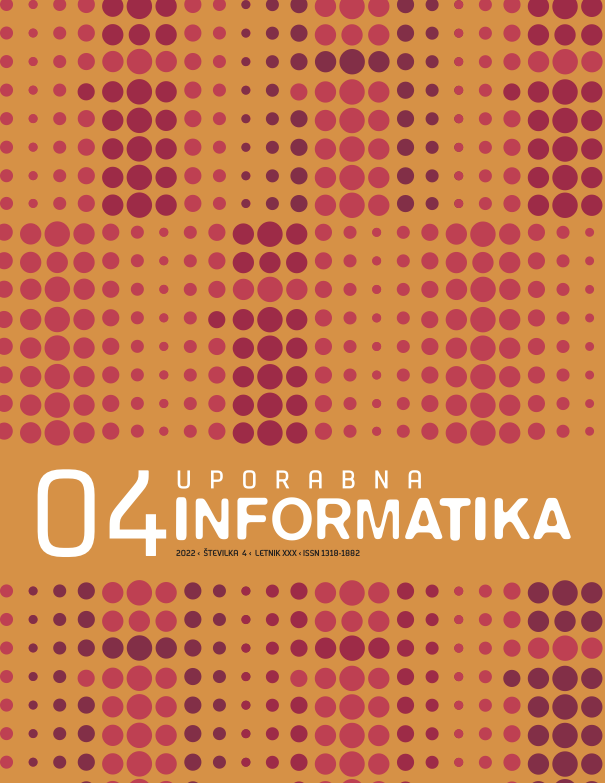Semantic Reusable Web Components: A Use Case in E-Government Interoperability
DOI:
https://doi.org/10.31449/upinf.189Keywords:
reusable components, building blocks, digital public services, reusability, software engineering, semanticsAbstract
Advancements in technology and software engineering strive to efficiently build robust technologies and deliver them as fast as possible. It has been shown that both could be achieved by reusing existing implementations, libraries, components, and even frameworks. In the field of public administration, which needs to follow and implement national and EU regulations, it is essential to not only have compatible semantic data structures and processes but also to enable cross-sector and cross-border integrations. In this paper, we present the Digital Europe for All project, more specifically, a use case of a reusable prototype - A web component based on semantic data representation. We show that the component can be easily integrated into an arbitrary Web site and supports arbitrary evidence types, represented using the project's ontologies. Reusing such components enables faster creation of interoperable digital public services and opens new opportunities, better mobility, faster processes, and reduced implementation costs.






